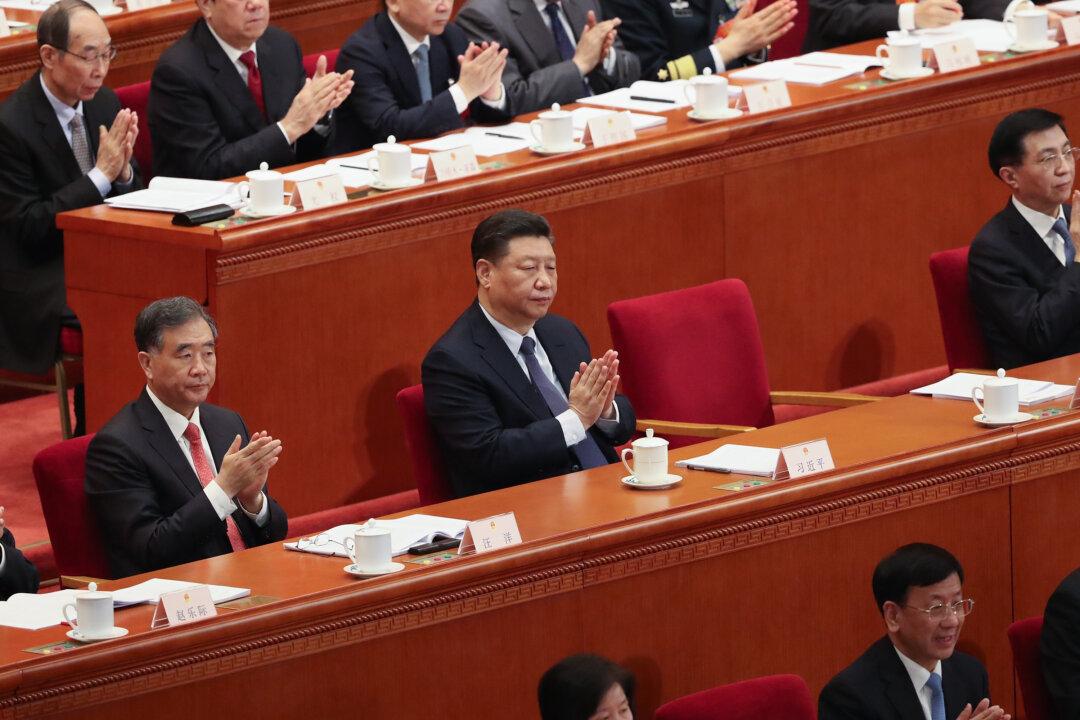As China’s annual “Two Sessions” political meetings continue this week, one Party official has raised concerns about how Chinese authorities have spooked the private sector with its heavy-handed tactics.
During a side meeting of the Chinese Communist Party’s political advisory body—called the Chinese People’s Political Consultative Conference (CPPCC)—held on March 4, Sun Qian, the deputy procurator-general of China’s highest prosecutor’s office, brought up the issue of local governments arresting private company executives or suspending their companies’ operations upon suspicion of illegal activity, according to a report by Chinese finance magazine Caixin.





